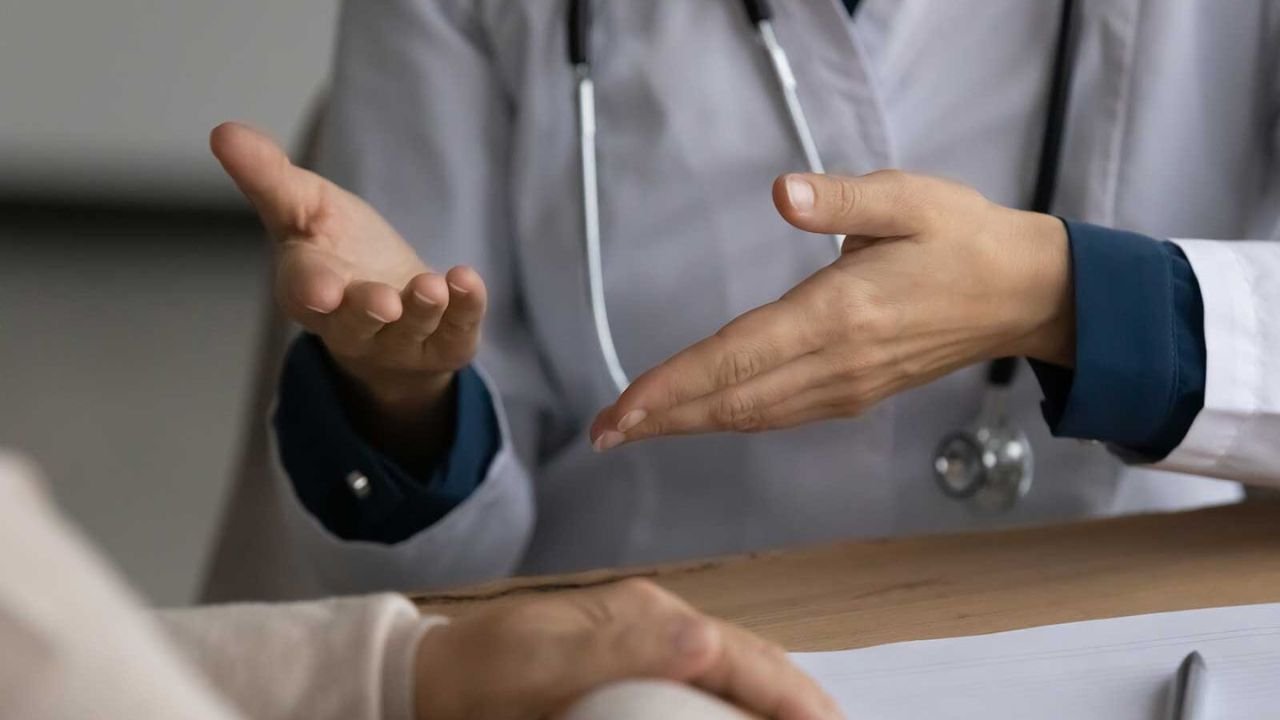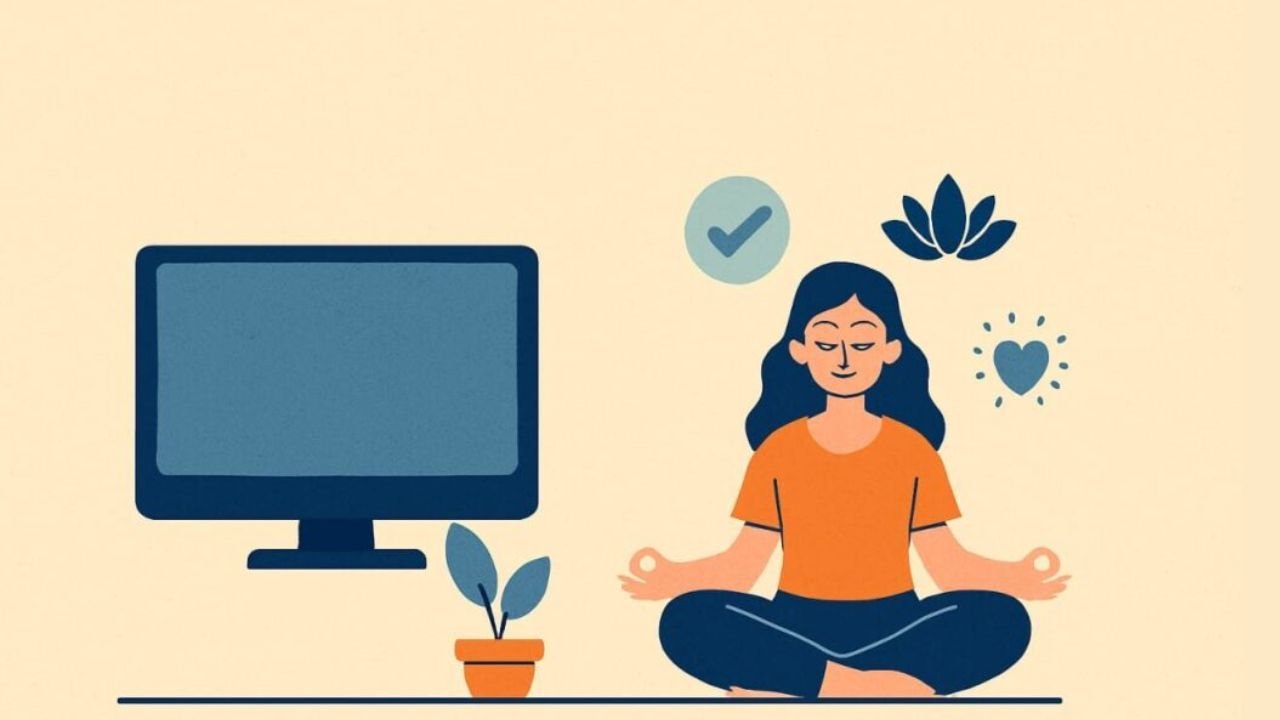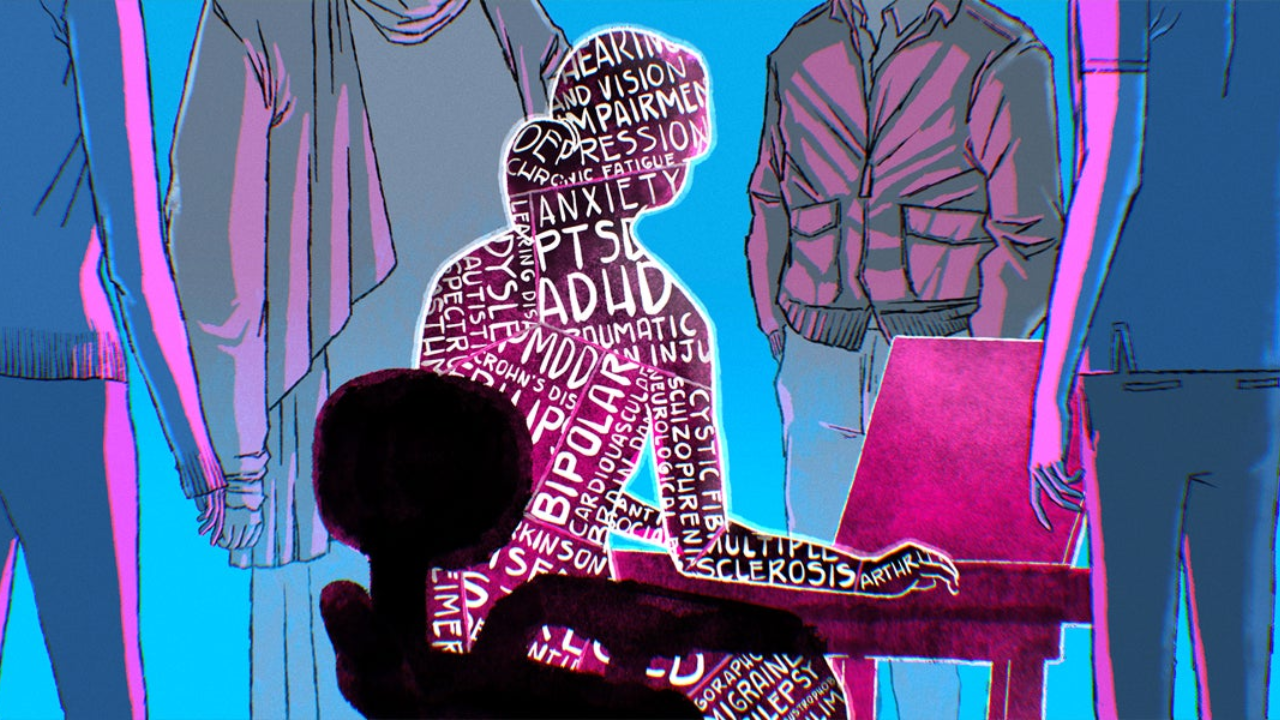When someone decides they’re ready to change their relationship with drugs or alcohol, it’s a big deal—huge, actually. But before rehab, therapy, or new routines come into play, there’s something else that often needs to happen first: detox. Medical detox might sound intimidating, but it’s often the bridge between chaos and clarity. For many people, it’s the necessary starting line—the first moment they really start to get clean.
Not every addiction needs medical detox, but when someone’s been using heavily or for a long time, it can be dangerous to quit cold turkey. That’s where trained professionals step in. They help the body safely get rid of substances while managing withdrawal symptoms and monitoring physical health. Without this step, people risk serious health complications—or they never even make it past the first few days.
Why Detox Has to Come First
Addiction doesn’t just live in the mind. It physically rewires the body, making drugs or alcohol feel like a basic need. So when you suddenly take those substances away, your body panics. It can lead to sweating, shaking, nausea, anxiety, or even seizures. That’s not something to play around with.
That’s why medical detox isn’t optional for some people—it’s essential. The body has to get through withdrawal safely before the real healing can begin. Detox is often short-term, lasting anywhere from a few days to a week or more, depending on the substance and the person. During that time, medical staff can provide fluids, medication, and emotional support. Most of all, they keep things from spiraling. Trying to detox alone can be overwhelming, and it doesn’t give your body the chance to rest and recover the way it should.
Why Location Matters More Than You Think
Some people try to tough it out at home, thinking they’ll be fine if they just “ride it out.” But anyone who’s been through withdrawal knows that’s not how it works. The environment you detox in makes a huge difference. You can try to detox in Houston, Richmond or anywhere in between, but doing it in a controlled setting is crucial. It’s not just about having doctors nearby—it’s about being in a place where your only job is to take care of yourself.
In a medical detox facility, you’re not surrounded by the same stress, people, or temptations that may have fed your addiction. That clean break—even if it’s only for a week—can give your body and brain time to hit pause and reset. There’s something powerful about being in a place designed for healing. It signals to your mind that you’re finally doing something different, something better.
How Withdrawal Actually Feels (And What Help Looks Like)
People often imagine withdrawal as some dramatic movie scene—sweaty sheets, screams, cold sweats. Sometimes it does get intense, but it’s not always like that. Withdrawal symptoms range from mild to severe depending on what someone’s been using, how long they’ve been using it, and their general health. Common symptoms include fatigue, anxiety, depression, irritability, or physical discomfort. But the most challenging part is often the craving. That overwhelming, all-consuming need to use again just to make the discomfort stop.
This is where medical detox can be life-saving. Staff are trained to manage these symptoms with medications that ease withdrawal and reduce cravings. You may be given sleep aids, anti-nausea meds, or meds that calm the nervous system. You’ll also be hydrated, fed, and monitored closely. When people feel supported and cared for, they’re more likely to make it through those tough early days. They’re less likely to quit halfway through or relapse right after.
Detox can also reveal hidden medical issues—things like infections, nutritional problems, or mental health concerns that may have been buried under substance use. A medical team can catch these issues early and start treatment. That sets you up for better results once the detox is done and the next steps begin.
Why Addiction Is About More Than the Substance
One of the hardest things about addiction is that it usually comes with baggage. People don’t just wake up one day and decide to get hooked on something. There’s often pain underneath—trauma, grief, anxiety, depression, loneliness. Detox takes care of the physical piece, but it doesn’t erase the reasons someone started using in the first place. And if those reasons don’t get dealt with, the cycle often continues.
That’s why detox is only the first step. Once the body is clean, the real work begins. Some people move straight into inpatient rehab, where they start therapy, build life skills, and learn how to live differently. Others go to outpatient programs, support groups, or start counseling. It depends on the person and the situation.
What’s important is this: addiction isn’t just a bad habit. It’s a coping mechanism. And if someone doesn’t have other tools to deal with life, they’ll go back to what they know—especially during times of stress, grief, or major transitions. Addiction during major life changes isn’t uncommon. In fact, it’s where a lot of relapses happen. But getting that detox space first can make someone stronger and more prepared to deal with whatever’s next.
What Happens After Detox Ends
Finishing detox doesn’t mean you’re cured. It means you’re ready. Think of it like clearing a storm so you can finally see what’s ahead. People often feel clearer, more motivated, and sometimes more emotional after detox. That’s normal. Your body is adjusting. Your emotions are coming back online. And you’re finally in a position to make choices without a substance in the driver’s seat.
Some people go into a structured rehab program right away. Others take a day or two to rest and then begin therapy or group meetings. Family support becomes really important at this point, as does having a plan. Detox without follow-up is like patching a hole in a boat and then sailing right back into a storm. The tools you build after detox are what keep you moving forward.
No matter what your next step is, detox is a foundation you can build on. It doesn’t solve everything, but it opens the door to real change.
The Bottom Line
Medical detox won’t solve all the problems—but it clears the fog. It makes everything else possible. If addiction has taken over your life or someone you love is struggling, detox might be the smartest first move you can make. It’s not easy, but it’s worth it. You don’t have to stay stuck. You just have to start.



